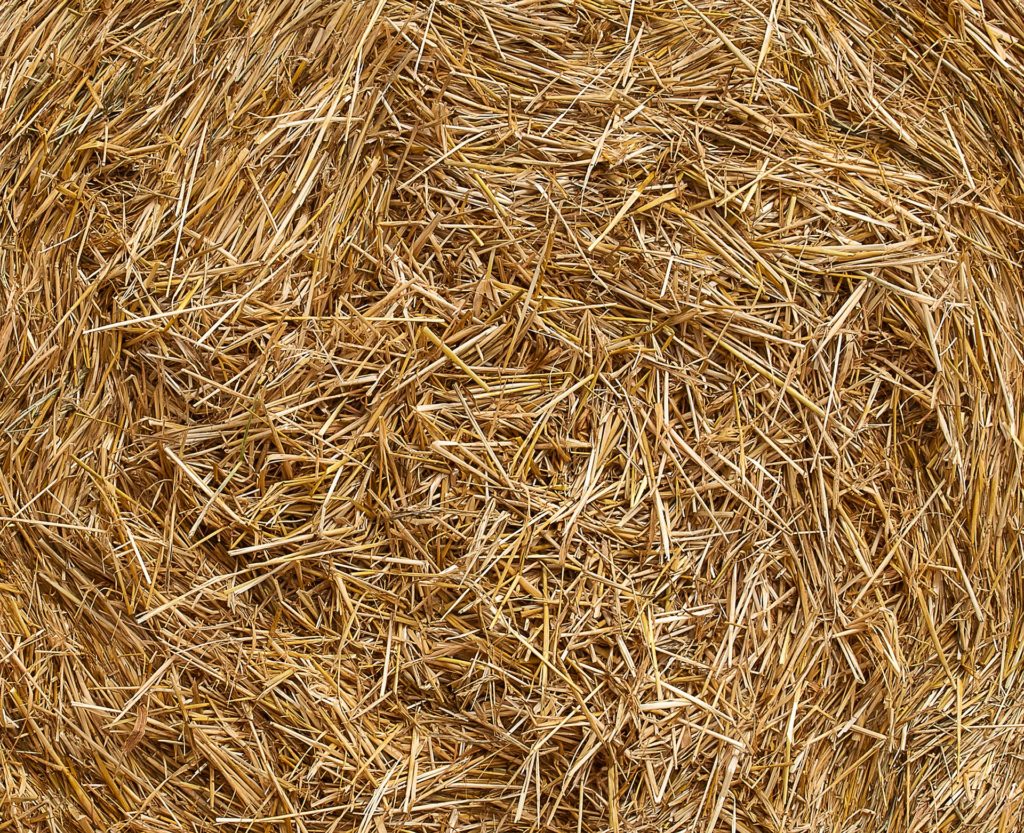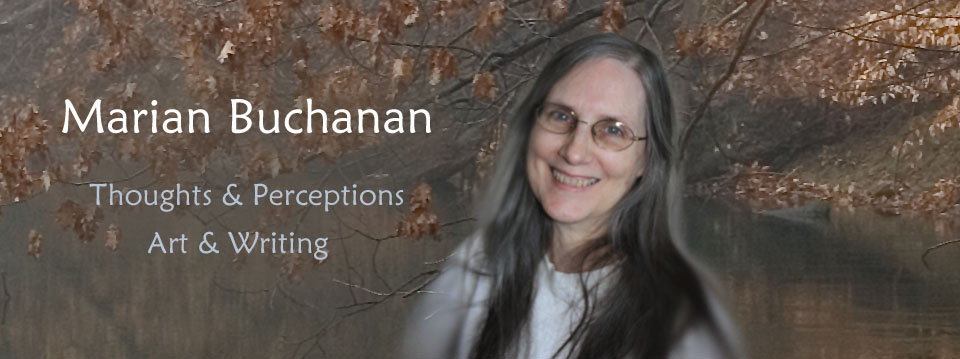
I love a lot about Greta Thunberg, the Swedish teenage climate activist. She’s articulate, unpretentious, and usually focused on a pretty basic message that I, too, would like people to heed: unite behind the science, curb climate change, take immediate action that’s bold, effective, systemic, and redresses climate injustice.
Sometimes, her message goes beyond that. At the UN General Assembly on September 23, 2019, Greta dared to say “How dare you?” to the continued inaction, and said it with more emotion than her usual calm way. There’s something odd about watching people applauding her words when they’re presumably the ones she’s admonishing.
But I guess one of the questions I have is, who is it, indeed, that she believes is responsible for the current state of affairs? I watched the video of Greta’s speech at the Denver Youth Climate strike on Friday, October 11, 2019, and it’s the first time I’ve noticed her admonishing the entire “older generation” — is this new, or did I just miss it before?
I’m disappointed at it because it erases the efforts of activists who have been working for decades. It’s great that the current generation of young people are getting more mobilized on this topic than teenagers have in the past. At the same time, it would be inaccurate to think that nothing has been done in the past (by the now “older” generations) to raise awareness and push for action. Even just in terms of younger people speaking out, we had Severn Cullis-Suzuki speaking at the United Nations Conference on Environment and Development (UNCED) as a 12-year-old back in 1992.
The fact that Severn’s speech didn’t galvanize more people is not because there was no one else who cared or made any efforts, it’s because the average person had a harder time seeing and feeling the emergency in those days, whereas it’s becoming much more obvious in more erratic weather as we near the end of our margin of time to act.
I think there’s also now a general Zeitgeist of more people reaching the point of being unwilling to put up with certain things that have been going on for too long. We’ve seen it with Black Lives Matter and #MeToo — recent flare-ups in struggles that have been going on for generations — and we’re seeing it now as well with the call for immediate climate action.
In movements of any kind, there’s a pattern of progress that’s hard to notice but still exists: it’s slow, the efforts are often invisible to those not involved or not informed of the efforts, and the momentum grows at the same time as the pressure itself grows, until things start to explode — or at least, become more visible. It’s like the way mushrooms appear after a big rain. The mushrooms we see are not individual fungi, they are the visible florescence of one underground mycelium that is spread out under an entire area. It was always there, growing underground, and brief rains brought out little clusters of florescence, it’s just that if a dam finally breaks over it, that gush of so much more water is going to make the spread of the mycelium that much more visible.
Greta didn’t start the mycelium growing, and she was not the first little drop of rain (even among the current generation, several indigenous youth have been active for years), it’s just that a combination of pressures has been mounting until we’re finally seeing the broken-dam effects of more people getting informed and involved. It’s awesome that students are feeling empowered to speak up and strike — it certainly contributes a lot to the impact the movement can now have. At the same time, let’s not re-write history about where that fits into the bigger picture of how people (young and old) have been trying for decades to get governments and corporations to act on these serious and urgent matters.
To switch metaphors — the last straw on the camel’s back shouldn’t take credit for breaking it. (And currently the camel’s back is not yet broken — there are still many more straws of pressure to pile onto governments and corporations resisting real climate action). It’s divisive and erasing to ignore the contribution of all the previous straws. We need everyone – young and old, newly involved and already previously involved – to work together on this.
I’m so glad more people are finally paying attention to the crisis we’re in. Seeing it looming (along with the threat of nuclear war, at the time) is what made me drop out of high school almost 50 years ago in a state of environmental grief and depression, so I can really relate to what Greta went through before she found a way to take action.
The existence of the internet now is one of the ways that this movement’s “time has come” — I don’t think I could’ve taken the same steps with the same effect, 50 years ago. Yet, even before the internet, there were petitions and information circulating by postal mail, meetings being held, and letter-writing campaigns. I am so grateful for all the activists who have been working on this for decades, and for the opportunities I’ve had to contribute to those efforts over those many years, through donations, letter-writing, and petition signatures with Rainforest Action Network, World Wildlife Fund, Friends of the Earth International, and others that have been around for quite some time.
The older generations have not been the ones failing you. The politicians and corporations have been failing all of us, and continue to do so, now as in the past. If we can recognize where the responsibility lies and not engage in shaming and blaming entire generations of victims of this failure, we can be more effective in all working together to make change happen. Words matter. Attitudes matter. Thank you all for considering this when you form your perspectives and your words.
